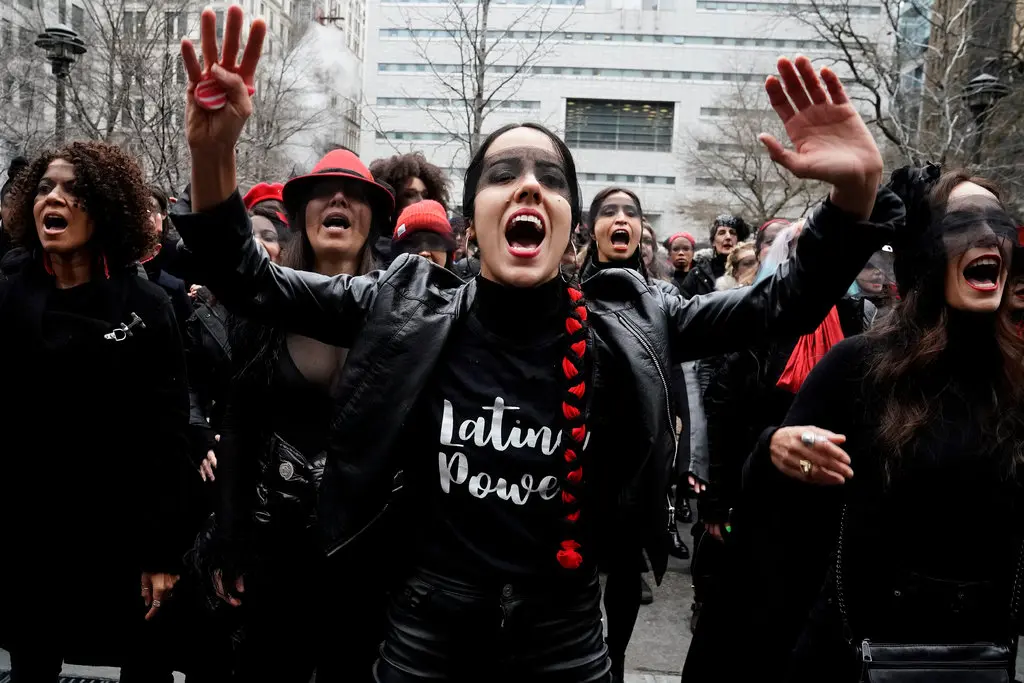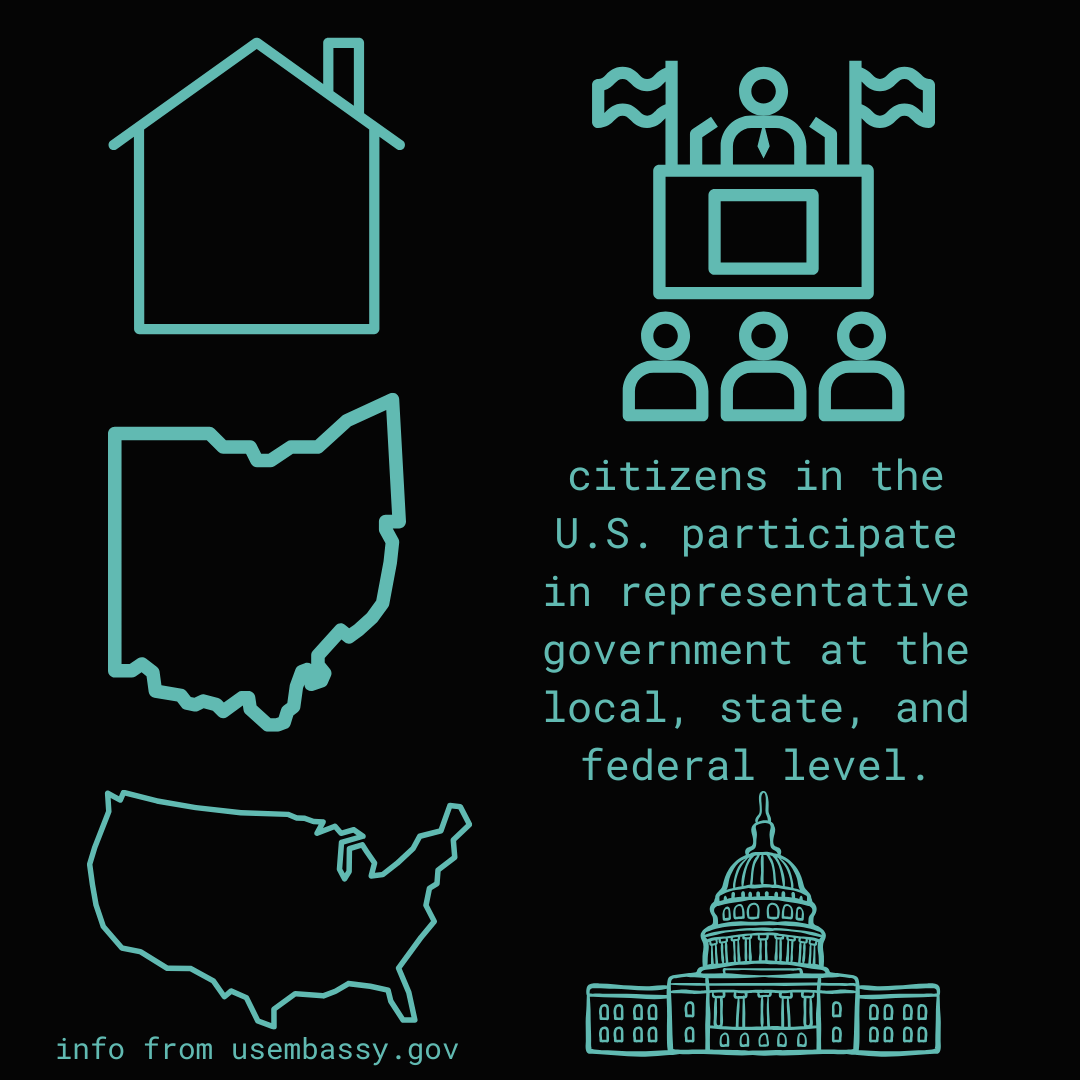I was scrolling through Twitter recently, when I saw this link from The Guardian, about a South American feminist performance art piece. Entitled Un Violador en Tu Camino (“A Rapist In Your Path”), video of their performance gave me goosebumps. I immediately felt their message and movements very deeply.
Powerful Messaging
Las Tesis‘ work brings attention to high-profile instances of systemic sexual violence – whether it be sexually abusive police in Chile, or Harvey Weinstein in the United States.

“The patriarchy is a judge
that judges us for being born
and our punishment
is the violence you don’t see.
The patriarchy is a judge
that judges us for being born
and our punishment
is the violence that you HAVE seen.
It’s femicide.
Impunity for the killer.
It’s disappearance.
It’s rape.
And the fault wasn’t mine, not where I was, not how I dressed (x4)
The rapist is you. (x2)
It’s the cops,
The judges,
The state,
The president.
The oppressive state is a rapist. (x2)
The rapist is you (x2)
“Sleep calmly, innocent girl
Without worrying about the bandit,
Over your dreams smiling and sweet,
watches your loving cop.”
The rapist is you (x4)
Challenging “Authority”
Predictably,he lyric specific to police is removed from both the Guardian clip and other versions which take place in the U.S. However, this lyric is initially key to the performance’s message. Un Violador en Tu Camino centers the sexual violence against women protesters at the hands of Chilean police in 2019.
Various reports state Chilean police have unironically suggested the group incites “violence.” Of course, the irony is that the collective brings widescale attention to state sexual violence, and it’s global impact on women.
Who are Las Tesis?

Las Tesis are a feminist art collective originating in Chile – formed by Daffne Valdés, Sibila Sotomayor, Paula Cometa, and Lea Cáceresis – with branches across the Americas and the world. The group integrates performance art into intersectional feminist concerns, and has been recognized globally for their work.
Saying “what needs to be said” can be easily done through art, and as Las Tesis has shown through movement, sound and visuals.
The message is clear and all too familiar for victims of sexual violence. The often unspoken truth is that women who are assaulted are very likely to re-victimized by state empowered violence.

Performance in Concepción, Chile at the 2020 International Women’s Day. The girl has a Mapuche flag. Image courtesy wikipedia.
Las Tesis have been praised by feminist powerhouse Pussy Riot for their contributions to fighting state and police violence.
“Like Pussy Riot, Lastesis don’t see art as a mirror, they see it as a hammer to shape the world,” said Tolokonnikova [of Lastesis]. “With global solidarity, we can achieve really big changes.”
Members of Pussy Riot and Lastesis have both spent time in jail and been arrested for artistic protest.
What Can U.S. Feminists Learn From Las Tesis?
While feminists in the United States focus on power by becoming part of the government, Las Tesis outright acknowledges that government itself is patriarchal and as such impedes dynamic, systemic, changes.
- Recognize that individual violence against women is a systemic issue. While no government in the West will ever explicitly endorse sexual violence, their prevailing failure to punish perpetrators with badges speaks volumes. Laws restricting women and others who aren’t cis men from education, self-expression, and opportunity, should be acknowledged both historically and at present within the United States.
- Broaden your definition of feminism to include gender-expansive peoples. Complete liberation from patriarchy isn’t for women only.
- Do not center the state as a means to have power. Valdes states in the Variety interview:
“The government doesn’t support us – it’s other women who empathize with our fight. Feminism is a place where we can all meet, but we are striving for specific, institutional changes.”
Most protests in the U.S. focus on governmental change, voting drives, and candidates. Las Tesis has a different approach: accept that the state itself facilitates violence.
Then, find your fellow feminists and your own voice.
Are we listening?
Article edited to clarify information on Las Tesis; U.S. feminist norms and language




